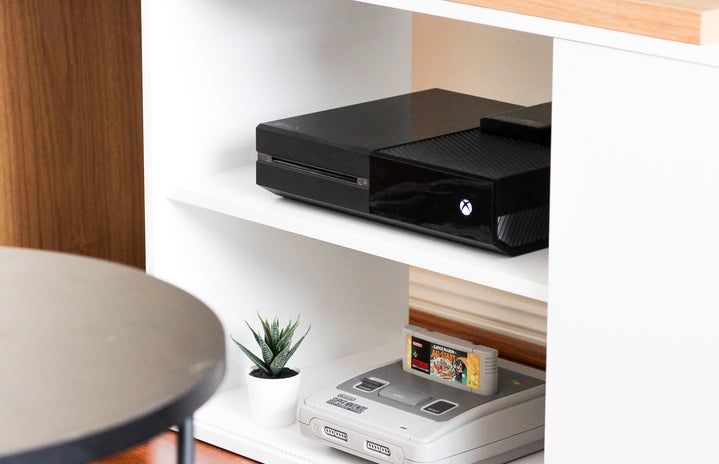In its beginning, the Internet was created with strategic warring purposes in a context of Cold War. The first e-mail was sent on October 29, 1969, and since then, the Internet and its technologies only advance and cause more and more impacts on human society.
Work dynamics, learning and teaching methods were to generate income, intellectual and information production: aspects that are constantly transformed by the internet. However, one of the main aspects that is an intense target of the impact of the Internet is social life. Modes of relationship, behaviors, customs and social conventions were abruptly altered from the popularization and viralization of the Internet in the social environment.
What was it like before?
When asking this question to someone born in the 21st century, most often the reaction will be of doubt and astonishment. How did people behave? How did they communicate? How long did they take?
“It was slower, more time consuming”, says Debora, a 48-year-old lawyer. Letters, landlines, payphones, fax, phonated telegrams are some of the examples of means that were available for people to communicate with each other. A middle-class house, with the average of 4 children on its vast majority, had one telephone line, because the resource was expensive and not of total accessibility for all.
People had collections of card papers, postage stamps and postcards, articles that today practically ceased to exist. The telegrams were also widely used; the Phonates were phone calls in which there was reading by the operator of a kind of letter, a letter by phone.
Image Source: Pixabay
“There was waiting”, tells Debora. The anxiety about getting that letter, that special phone call. People had to wait, there was no way to communicate without being those resources. “When in the house there was more than one daughter dating, and the family owned 1 phone line, had the dispute over the phone, they said ‘who rented the phone? My boyfriend wants to call me!’ “, says Debora.
“Things were more true and lasting, you felt it was real”. The hearing of the voice, of the real person, even if distant, approached, in a certain way, the people. The slowness and the waiting made things occur more naturally, without such a rush.
What did the Internet cause?
The internet has brought the speed and immediacy to the communication between people. In fact, it has brought much ease to various areas of life and routine of individuals. Distances were shortened, resources were saved, other extinct. However, there were also some not so positive consequences for interpersonal relation. “No more expectation, patience, surprise”, says Debora about what she felt with the changes of the Internet in communication.
The haste and speed of the transmission of information provided by the Internet has caused people and their interpersonal relationships to become ephemeral. The relations became net and fleas, according to the philosopher Zygmunt Bauman in his work “liquid modernity”. Beyond ease, the internet spawned a multitude of solitary. People have drifted away and quick and immediate communication is no longer so true.



